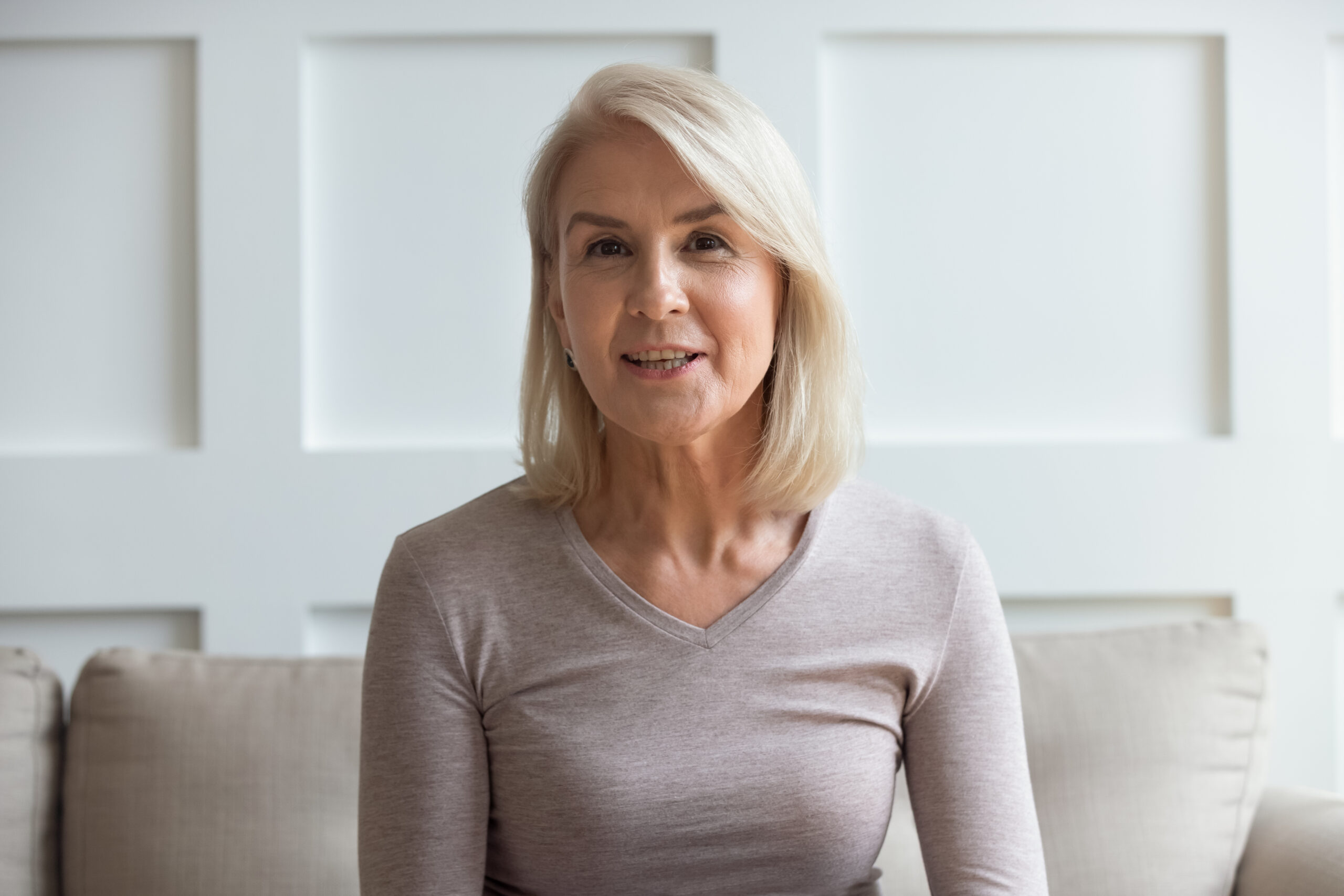The difference between aging with purpose and merely getting older often comes down to daily habits and mindset. These practices separate those who maintain their zest for life from those who simply watch time pass.
1. They Start Each Day With Purpose

These motivated seniors never wake up wondering what to do with their time—they have a clear mission for each day. They maintain a morning routine that might include reading the newspaper, checking in with family, or planning their daily activities with the same dedication they had during their working years. Their calendars often show a mix of commitments, from volunteer work to social engagements, proving that retirement doesn’t mean retreating from life. Each morning begins with intention rather than drifting into the day without direction.
2. They Practice Memory Exercises

Understanding that cognitive function requires regular exercise, these seniors engage in daily activities specifically designed to maintain their mental sharpness. They might tackle crossword puzzles, play strategic card games with friends, or use brain-training apps that challenge different aspects of memory and cognition. Their approach to mental exercise often combines social interaction with cognitive challenges, making the practice more enjoyable and sustainable. These individuals understand that memory exercises are like deposits in a bank—the more they invest now, the more mental reserves they’ll have later.
3. They Cultivate Multiple Income Streams

Smart seniors understand that financial security contributes significantly to peace of mind and continued independence in their later years. They often maintain several sources of income beyond traditional retirement benefits, whether through part-time consulting, rental properties, investments, or turning hobbies into modest business ventures. Their approach to money remains active rather than passive, regularly reviewing and adjusting their financial strategies with the same attention they gave their careers. They understand that financial engagement keeps their minds sharp while providing both security and opportunities for continued growth.
4. They Maintain Creative Outlets

Rather than retiring their creativity, these motivated individuals find ways to express themselves through various artistic or creative pursuits. They might keep journals, paint, garden, or craft, treating these activities as essential expressions of their continuing growth rather than mere hobbies. Their creative practices often combine social interaction with personal expression, whether through art classes, writing groups, or crafting circles. These seniors understand that creativity keeps their minds flexible and provides a sense of accomplishment that feeds their overall motivation.
5. They Prioritize Sleep Quality

They understand that good sleep isn’t a luxury—it’s the foundation of their continued vitality and engagement with life. They maintain consistent bedtime routines that might include gentle stretching, reading, or meditation, treating these wind-down rituals as non-negotiable appointments with themselves. Their bedrooms are carefully arranged to promote quality rest, with attention to temperature, lighting, and comfort that younger people often neglect in their busy lives. They don’t apologize for prioritizing their sleep needs, even when it means leaving social events early or saying no to evening activities that would disrupt their rest. Research shows that good sleep becomes more elusive with age, so these individuals actively protect their sleep habits with the same dedication they bring to other aspects of their health.
6. They Keep Their Space Organized

Motivated seniors maintain their living spaces with the same care and attention they brought to their workspaces during their careers. They follow regular cleaning and organizing routines, often breaking larger tasks into manageable daily activities rather than letting things pile up. Their homes typically reflect a balance between comfort and order, with everything having its place but without becoming overly rigid or sterile. These individuals regularly evaluate their possessions, letting go of items that no longer serve them while keeping their spaces functional and welcoming. They understand that an organized environment contributes to mental clarity and reduces the physical and emotional stress of dealing with clutter.
7. They’re Always Learning Something New

Whether it’s mastering a new language app, taking up watercolor painting, or finally learning to play chess, they actively pursue fresh challenges. These individuals understand that mental stimulation is as crucial as physical exercise for maintaining vitality. They often combine learning with social interaction by joining study groups or taking community classes where they can engage with others who share their interests. Their curiosity drives them to explore topics they never had time for during their careers.
8. They Keep Up With Their Personal Appearance

Getting dressed and groomed each day isn’t about vanity—it’s about maintaining self-respect and engagement with life. They continue to invest in their appearance through regular haircuts, clean and well-maintained clothing, and basic grooming routines that make them feel confident and ready to engage with the world. Their morning routine typically includes getting fully dressed, even on days when they don’t plan to leave the house because they understand the psychological impact of personal presentation on motivation and mood. They recognize that how they present themselves affects both how others treat them and how they feel about themselves throughout the day.
9. They Create Weekly Meal Plans

Instead of relying on convenience foods or skipping meals, these active seniors approach their nutrition with intention and planning. They typically spend time each week planning their meals, often coordinating shopping trips with friends or family to make the experience more social and enjoyable. Their meal plans balance nutrition with pleasure, including both healthy staples and occasional treats that make eating an experience to look forward to rather than just a necessity. These individuals often cook extra portions for freezing or sharing, turning meal preparation into an opportunity for both efficiency and connection with others. They understand that good nutrition becomes even more crucial with age and treat their meal planning as an investment in their continued health and independence.
10. They Maintain Strong Social Connections

Rather than letting relationships fade, they actively nurture their social network through regular interaction. They schedule weekly coffee dates with friends, participate in community groups, or organize family gatherings with the same energy they once devoted to professional networking. Their social calendar often includes a mix of long-term friends and new acquaintances, creating a dynamic support system. They understand that meaningful connections are vital for maintaining motivation and purpose.
11. They Move Their Bodies Daily

Exercise isn’t optional for these motivated seniors—it’s as routine as brushing their teeth. Whether it’s a morning walk with neighbors, a tai chi class, or tending to their garden, they prioritize physical movement every day. They’ve adapted their fitness routines to their current abilities without using age as an excuse to become sedentary. These individuals understand that movement isn’t just about physical health—it’s crucial for maintaining energy and mental clarity.
12. They Give Back to Others

These seniors find ways to make their experience and wisdom useful to others, whether through formal volunteering or informal mentoring. They might teach skills to younger generations, participate in community service, or support causes they care about with their time and energy. Their commitment to giving back provides a sense of purpose that gets them out of bed each morning. The act of contributing to others’ lives keeps them connected to their community and maintains their sense of worth.
13. They Embrace Technology Selectively

Instead of rejecting all new technology, they thoughtfully adopt tools that genuinely enhance their lives. They might use video calls to stay connected with grandchildren, fitness apps to track their daily walks, or online learning platforms to pursue new interests. Their approach to technology is practical rather than fearful, focusing on applications that support their goals and relationships. They understand that staying current with basic technology helps them remain independent and connected.
14. They Practice Gratitude Actively

These individuals don’t just feel grateful—they express it regularly through actions and words. They keep gratitude journals, send thank-you notes, or simply vocalize their appreciation to friends and family members. Their positive outlook isn’t about denying life’s challenges but about choosing to focus on what’s going well. This practice helps them maintain perspective and find joy in daily experiences that others might take for granted.
15. They Set Regular Goals

Unlike those who think goal-setting is only for the young, these seniors continuously create new objectives for themselves. They might plan to master a new recipe each month, read through a specific book list, or improve their swimming technique. Their goals tend to be concrete and achievable while still providing a challenge that keeps them engaged. They understand that having something to work toward keeps life interesting and meaningful.
16. They Practice Stress Management Daily

Understanding that stress doesn’t disappear with retirement, these individuals actively maintain daily stress-reduction practices. They might start their day with meditation, gentle yoga, or simply sitting quietly with a cup of tea, treating these moments as essential rather than optional. Their toolkit for managing stress often includes multiple strategies, from breathing exercises to nature walks, allowing them to adapt their approach based on the day’s challenges. They recognize stress signals in their bodies and minds earlier than most, taking action before tension can build to uncomfortable levels. These seniors understand that stress management becomes more crucial with age, as their bodies become more sensitive to the physical effects of chronic stress.




